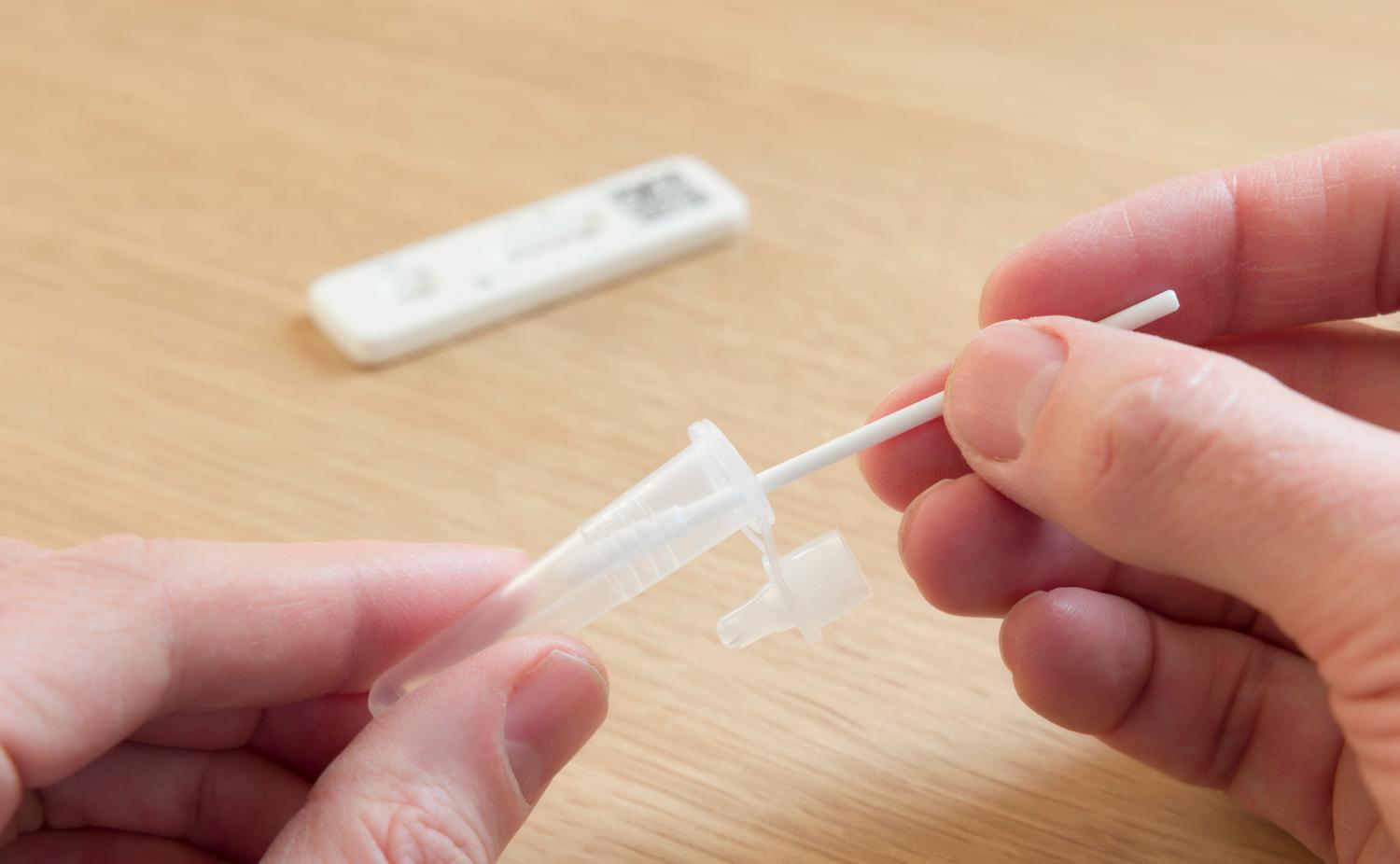The Dirty Secret of STDs on College Campuses
Why you should get tested ASAP
For the first time since the fall of 2020, most college campuses are fully open. In many cases, the social life of college is only just now making a return. Between quarantine orders, online classes, and reduced dormitory populations, college wasn’t quite the same vibrant gathering place as it was prior to the COVID-19 pandemic. While the re-opening of campuses should be celebrated, the return of the social scene in these institutions should be approached with some caution. One area of concern is the prevalence of sexually-transmitted diseases on college campuses, and the worrying lack of STD testing occurring among student populations.
An August 2022 survey of 500 college students commissioned by Sesame and conducted by market research company Pollfish found some alarming statistics about STD testing (or the lack thereof) on college campuses. These statistics depict a potentially dangerous culture of unsafe sex practices among students – and highlight the need for affordable STD tests on campus to help students prevent spreading harmful infections and diseases.
What our survey found:
About one in four college students has a sexually transmitted disease. In many cases, students who have contracted an STD are asymptomatic. Diseases such as gonorrhea and chlamydia may not produce symptoms – or symptoms are so mild that the infected person just shrugs their condition off. This means that a large number of students may not even know that they are infected. This can be particularly dangerous when students do not get tested for STDs regularly, or at all.
More than half (57%) of the 500 students surveyed admit that they’ve never been tested for an STD. Most of these students admit that they do not undergo STD testing because they are “safe” about having sex and do not need to require screening (66%). Yet, 1 in 4 say they have had unprotected sex “frequently” in the past year.
Not only do most students neglect STD testing, but a significant percentage of them lie about having a disease. In fact, 14% of coeds admit they have lied about having an STD. Men are twice as likely to do so as women. Men are more likely to lie to avoid ruining the moment or to avoid a turnoff (60%), whereas women report feeling more shame or desired privacy around it – with 32% saying they lied because they were scared, and 25% because they didn’t feel it was their partner’s business. This hesitation around honesty goes beyond just sexual partners. Nearly 40% of those surveyed would rather give up sex for a year than tell their parents they have an STD.
This data paints a concerning picture of safe-sex practices on college campuses. Not only are the majority of students not getting tested for STDs, but they are also practicing unprotected sex, and lying about existing infections when they occur. This culture of secrecy and negligence could be responsible for the sheer prevalence of sexually transmitted diseases among student populations on college campuses.
Luckily, Sesame is here to help.
When it comes to having sex, college students have high expectations for the 2022-2023 school year. Of the 500 students we surveyed, seven in 10 say they expect to have as much or more sex than last year (with 3 in 5 saying COVID negatively impacted their sex life).
The numbers already show an active sexual culture among students: 28% of the 500 surveyed say that they have at least 10 sexual encounters in an average month. 9% say that they have over 20 encounters per month. Additionally, 9% of college students say that they have at least 5 different sexual partners in an average month.
While there is nothing inherently dangerous or bad about regular sex – and regular sex with multiple partners – these types of encounters can dramatically increase your chances of contracting an STD. This becomes dangerous when students do not undergo testing to make sure that they are free of infection, or when they lie about whether or not they have contracted a disease. This is how STDs spread across college campuses.
To combat this spread, the CDC has published recommendations for STD testing for those in at-risk populations (like college students). A lack of symptoms does not mean that you do not have an STD. In order to keep yourself and your partners safe, Sesame recommends that you receive STD testing according to the CDC guidelines. These recommendations are in place for the safety and health of students, and we strongly urge that you take advantage of testing sites near you for both your – and your partners’ – protection.









